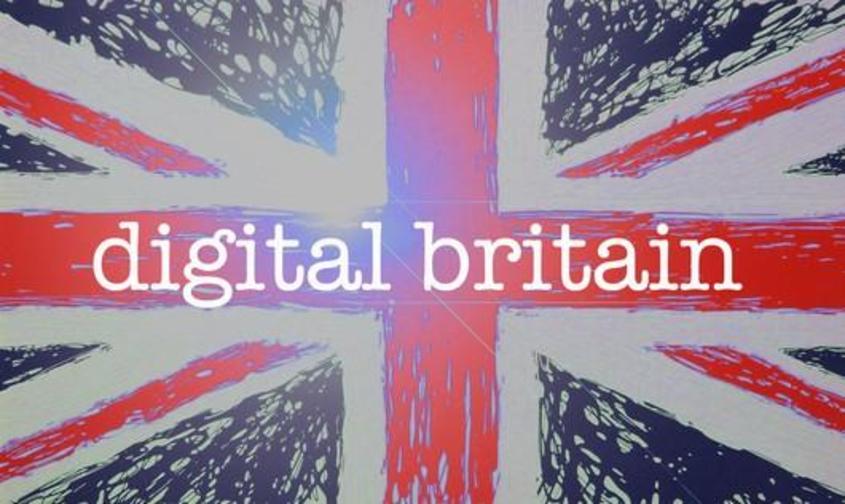Digital Britain Part Two close
David Hart
In Codegent College
In Codegent College
14th May 2012

Part two in our summary of a fascinating new 175 page report by agency Dare, takes a look at a load of research from a variety of sources and gives a snapshot of how we, as Britons, behave digitally.
How do Britons behave online?
Search
One incredible fact is that 16% of all search queries on Google have never been seen before. I would have thought after 14 years, Google would have seen pretty much every search term under the sun. Google is by far the biggest search engine, taking care of about 90% of Briton’s search needs.
In the UK 79% of people will go through to subsequent pages of results if they don’t find what they are looking for on page 1, but only if they are on a computer. Switch to a mobile and we virtually never bother.
We already know that 45% of Brits sometimes access the internet from their mobile phones: this has a pretty significant impact for SEO as these figures are only going to increase.
And want to know what we click on when we do get to search results? Anything with an image, video or multiple listings. We like the combination of words and pictures and multiple listings suggest that you’re more likely to get the content you want if it appears more than once in the same website.
Research first, buy later
We’ve known for a while that people research products online before buying them, even if they end up going to a High Street store to do so. It’s why a lot of High Street stores see a peak in traffic on a Friday evening. According to the report, 80% of us use the internet in this way at some point, with 78% using it to research a brand or product before buying it in the real world.
Offline stores who ignore this are missing out – even if they never intend to sell their products online.
Advertising leads to mobile search. 71% of us use our phones to search as a direct result of seeing an advert.
How do we communicate online?
As you’d imagine, email is still pretty popular. 90% of people say they use email, but the rise of Social Media has added a huge additional dimension for communication. One in three of us say that social media has replaced face-to-face communication amongst their friends and colleagues.
At Codegent we tend to conduct a lot of our chats on Skype – it’s just simpler when there is so much other stuff going on and people are working in different locations. Globally, Skype has 170m users and is growing at a rate of 40% year on year. And 40% of Skype calls are now video-based.
Who’s using social media?
It’s women predominantly: 61% of women use social media as opposed to 54% of men. And, perhaps as you’d expect, the numbers decrease with age. If you are a teenager and in education, you pretty much have to be using it, but only 29% of over 55s are currently doing so.
Mobile, again, is playing a rapidly increasing role in the way we access our social networks. In 2011, 8 million people accessed social media on a mobile, which was double the amount in 2010. Mostly these people are young and there is a slight bias towards men, but it is expected this will even out.
And, if you are accessing your social media via a mobile, there is a 97% chance that Facebook is where you’re going to. No surprises there, but Twitter is still a very significant 41%. We should watch out for Pinterest and Instagram: social media that really need to be mobile to get the best results.
Social media and brand promotion
The report bemoans the sometimes overly-enthusiastic zeal with which social media experts promote the fact that social media is the answer to all your marketing problems at a fraction of your marketing costs. But isn’t that the equivalent of saying that you want to produce a “viral” video, or valuing your dotcom because the global market for x is £100billion and you’re just hoping to win 10% of that?
The report points to the fact that people who become brand fans on social media are on average likely to spend $70 more than non-fans, will use the brand more often (28%) and 41% more likely to recommend to their friends. But that’s a bit like saying people I’m friends with on Facebook are more likely to call me on the phone than non-Facebook friends. Are the brand fans already fans of the brand and that was why they ‘liked’ the page in the first place? I really love Marmite and I have ‘liked’ the Marmite Facebook page: and I probably spend more on Marmite than someone who doesn’t like it: but I don’t think I’ve bought any extra pots of Marmite as a result of liking it on Facebook.
Next time… how we are spending, watching and listening online
There is a LOT more detail on the report if you wanted to take a look yourself. Download the full report, Digital Britain - the truth about we live today through technology, here.